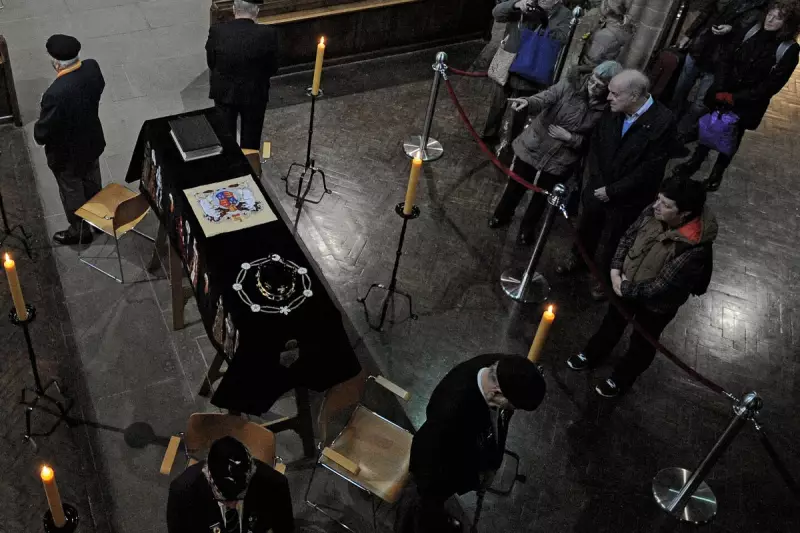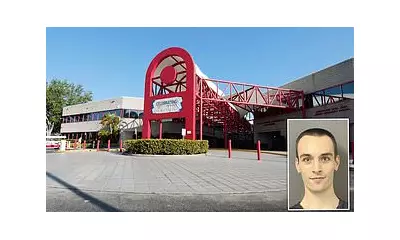
Renowned comedian and actor Steve Coogan has launched a blistering attack on what he describes as the 'woke brigade' infiltrating university campuses, during a passionate defence of free speech at the University of Leicester.
The Alan Partridge star delivered a powerful address to students and faculty members, warning that the growing culture of censorship and 'safetyism' is threatening the fundamental principles of higher education and intellectual freedom.
'Comedy Under Threat' from Campus Censorship
Coogan, known for his sharp satire and character comedy, expressed grave concerns about the impact of restrictive speech policies on artistic expression and comedy. "We're seeing comedy being stifled by an atmosphere of fear and over-sensitivity," he declared, emphasising that humour has always played a crucial role in challenging authority and social norms.
The comedian argued that universities should be bastions of open debate rather than echo chambers where dissenting voices are silenced. "If we can't have difficult conversations here, where can we have them?" he questioned the assembled audience.
Balancing Sensitivity with Free Expression
While acknowledging the importance of creating inclusive environments, Coogan stressed that this shouldn't come at the expense of free speech. "We must distinguish between genuine harm and mere offence," he stated, adding that being offended is sometimes necessary for growth and understanding.
The event, which saw robust discussion from both supporters and critics of Coogan's views, highlighted the ongoing tension between protecting vulnerable groups and maintaining academic freedom on British campuses.
Broader Implications for University Culture
This intervention comes amid increasing concerns about cancel culture and no-platforming policies affecting speakers at universities across the UK. Coogan's speech adds significant weight to the debate, bringing his considerable profile and experience in satire to the forefront of the discussion.
Educational experts suggest that such high-profile interventions could influence how universities approach their free speech policies and balance competing demands from different student groups.





